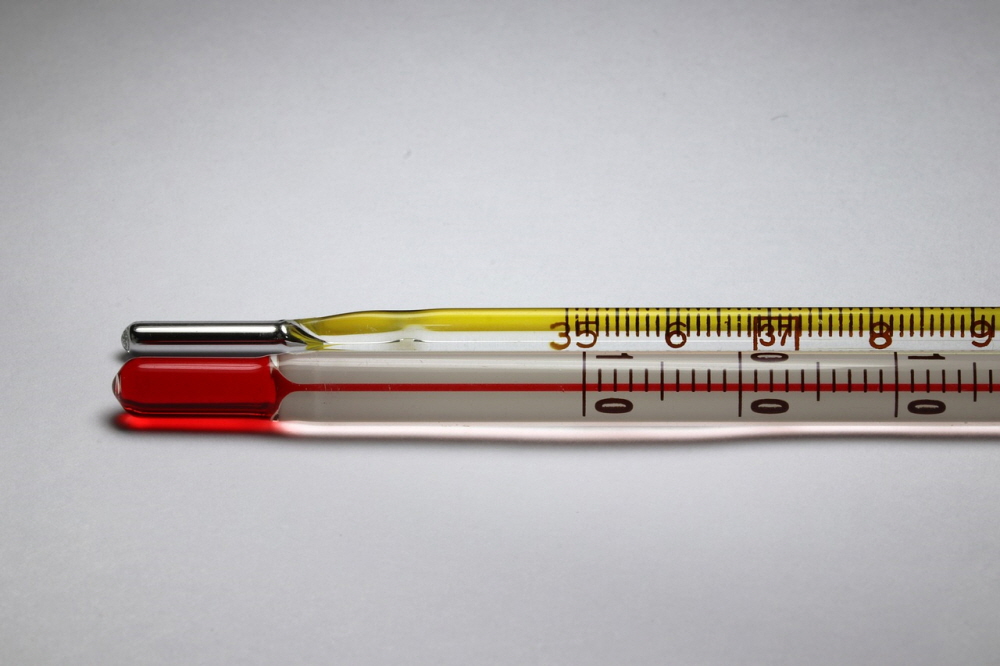
If you think you have a cold, first measure your temperature with a thermometer. If it is 38 to 39 degrees, it can be said that there is a fever, but if it is around 37 degrees, it is subtle whether the body temperature is high or not. To judge, it’s important to know your own body temperature. However, according to a research team at Stanford University’s School of Medicine, it was found in large-scale data that this human body temperature has gradually decreased since 200 years ago.
In the United States, where °F is used to indicate temperature, the standard for human body temperature is 98.6 degrees, or 37 degrees Celsius. In response, the Stanford University research team denied that although it has been raised by learning the common sense that the normal body temperature is 37 degrees Celsius, this is wrong.
Originally, the idea that 37 degrees is a normal body temperature was established in 1851 by Karl Wunderrich, a German doctor. The standard body temperature of 37 degrees has been used for more than 150 years, but a study result of 36.6 degrees has also been reported.
The research team investigated the trend of average body temperature over the past 200 years to see if the number of 37 degrees was set to normal body temperature, not for simple measurement errors and biases, but for historical reasons. Three large datasets were used for the survey. The first is data from 1860-1940, extracted from military service medical records and pension records of North Korean veterans of the Civil War. The second is the data of NHANES I, the first National Health and Nutrition Survey conducted from 1971 to 1974, and the third is the data of adult patients who received treatment at Stanford University hospitals from 2007 to 2017. Normally, the temperature of the patient was subtracted from the patient’s data that stated that he had a fever in the medical record at the time.
As a result of analyzing body temperature for all 67,423 people, the average body temperature of men born in the 2000s was 0.59 degrees Celsius lower than that of men born in the early 1800s. Also, the average body temperature for women born in the 2000s was 0.32 degrees Celsius lower than the average body temperature for women born in the 1890s.
The research team is also considering the possibility that the measurement results may have decreased due to the improvement of the thermometer accuracy, but the possibility of errors and prejudice is denied because the body temperature tends to decrease year by year even within the dataset using equivalent techniques at the same time.
The research team speculates that the cause of the annual decrease in average body temperature is that public health has dramatically improved over the past 200 years, driven by advances in medical care, improved hygiene and improved living standards. When humans are infected with viruses and bacteria, the body’s immune system works, but at this time, cytokines, proteins secreted by immune cells, have the effect of raising body temperature. In other words, 200 years ago, when the hygiene environment was bad, there were many factors that caused inflammation in each part of the human body, and the average body temperature was slightly higher.
In addition, the decrease in body temperature irregularities as part of physiological phenomena as part of the physiological phenomena as the room temperature can be freely controlled, such as central heating and air conditioner, is also seen as a factor for lowering body temperature. The research team explained that physiologically, modern people are completely different from those of the past, and that humans are physiologically evolving as the environment such as house temperature, contact with microorganisms, and food has changed significantly. Related information can be found here .


















Add comment